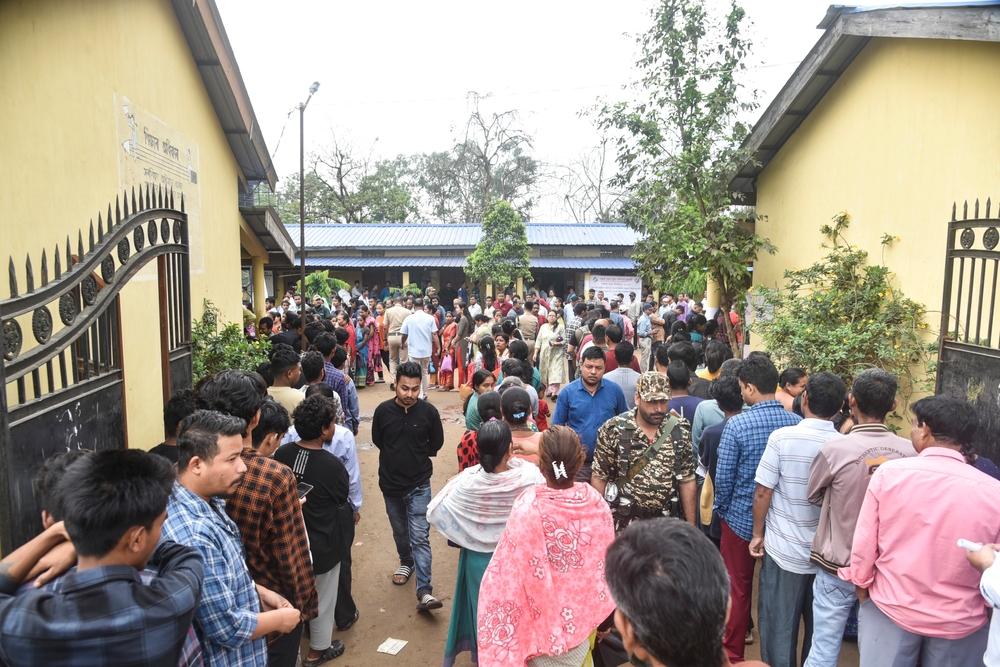Others are reading now
A recent study by Policy 4.0, conducted during India’s Lok Sabha elections, sheds light on the transformative role of artificial intelligence (AI) in the electoral process. The research highlights how large language models (LLMs) create ‘digital twins’ of voters, offering personalized voting advice to enhance decision-making.
As reported by Odisha TV, the study titled “An AI Experiment on Augmented Democracy for India” delves into the potential of AI to guide voters and bridge political divides. The initiative uses AI to develop virtual versions of voters based on their political preferences. These digital twins are crafted from survey data and analyze extensive datasets, including economic performance and party policies, to provide tailored voting recommendations.
Tanvi Ratna, the founder of Policy 4.0, explains that the concept of Augmented Democracy (AD) involves using digital twins to enhance the democratic engagement of individuals. This experiment, run alongside the ongoing election, aims to demonstrate how AI can be harnessed for the greater good of democracy.
The study addresses common concerns about AI’s misuse, such as the spread of deepfakes and misinformation, by showcasing its positive applications. Prabhu Pradhan, the lead researcher at Policy 4.0, asserts that AI can play a crucial role in combating misinformation, which is especially vital during elections. The research underscores the significance of engaging tech-savvy young voters in India, the world’s largest democracy.
Also read
The research suggests that AI tools like LLMs can create personalized AI helpers for voters. These tools can gather data on candidates, verify facts, and provide customized summaries to help voters make informed choices aligned with their values. This approach not only combats misinformation but also guides voters towards decisions that resonate with their beliefs.
The implementation of AI in the electoral process could revolutionize how voters receive information and make decisions. By offering personalized and unbiased information, AI has the potential to bridge political divides and foster a more informed and united electorate. The study by Policy 4.0 is a significant step toward using AI for enhancing democratic processes, demonstrating its capability to support a healthier and more transparent electoral system.








